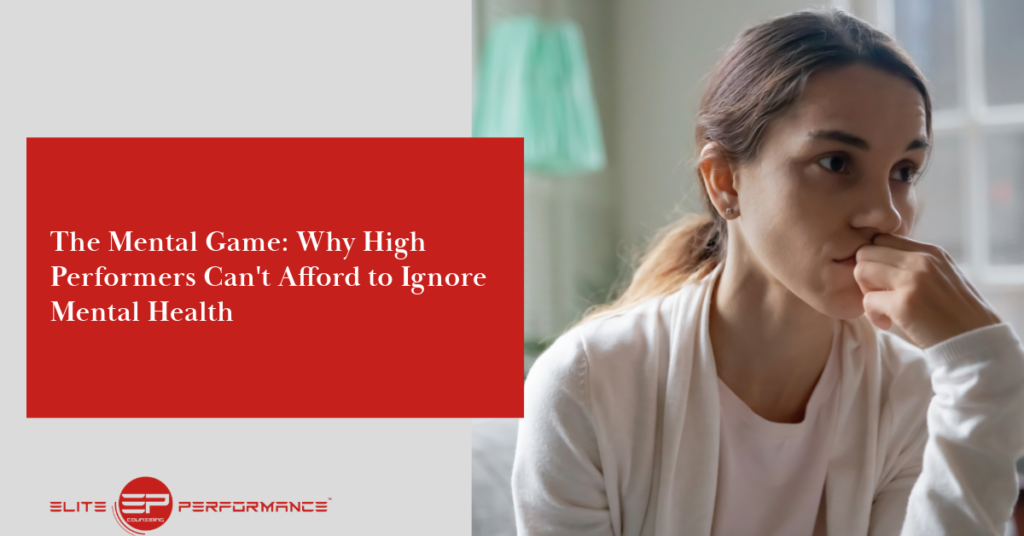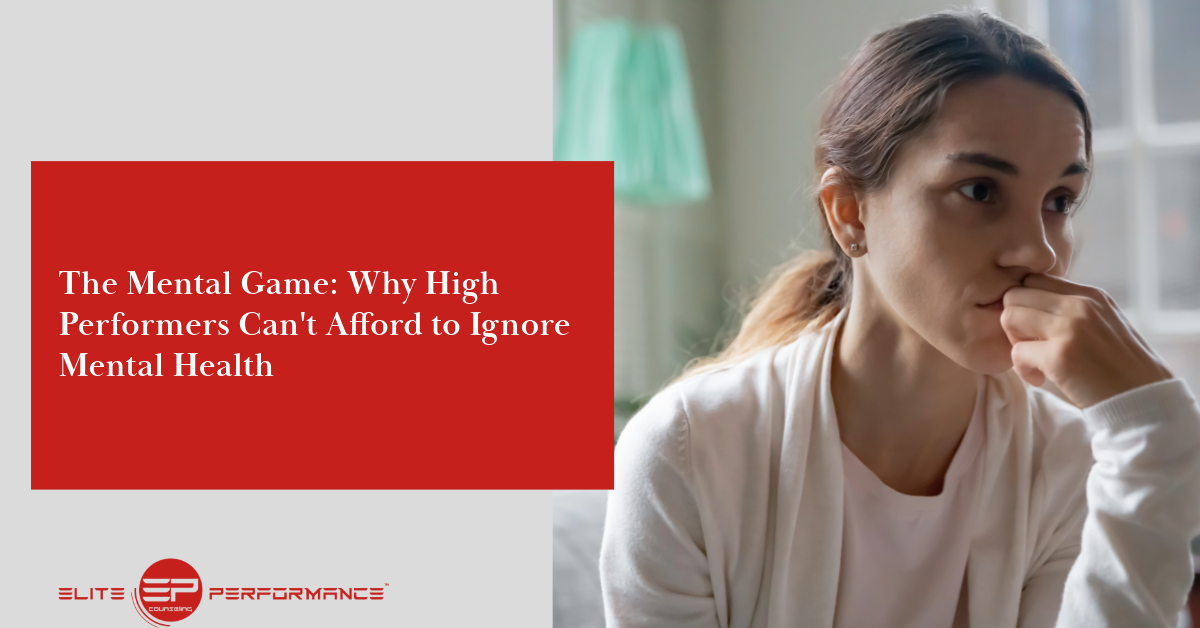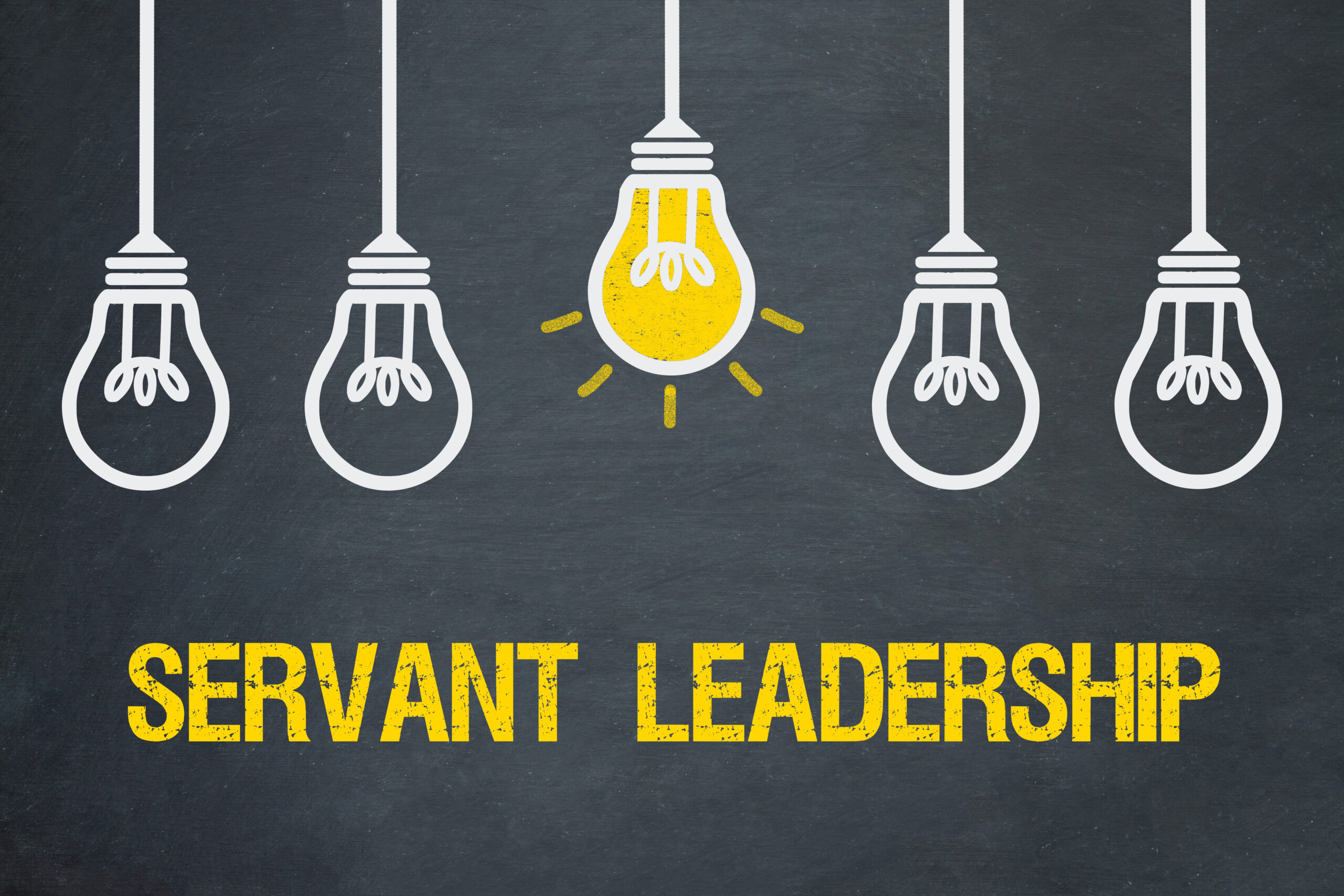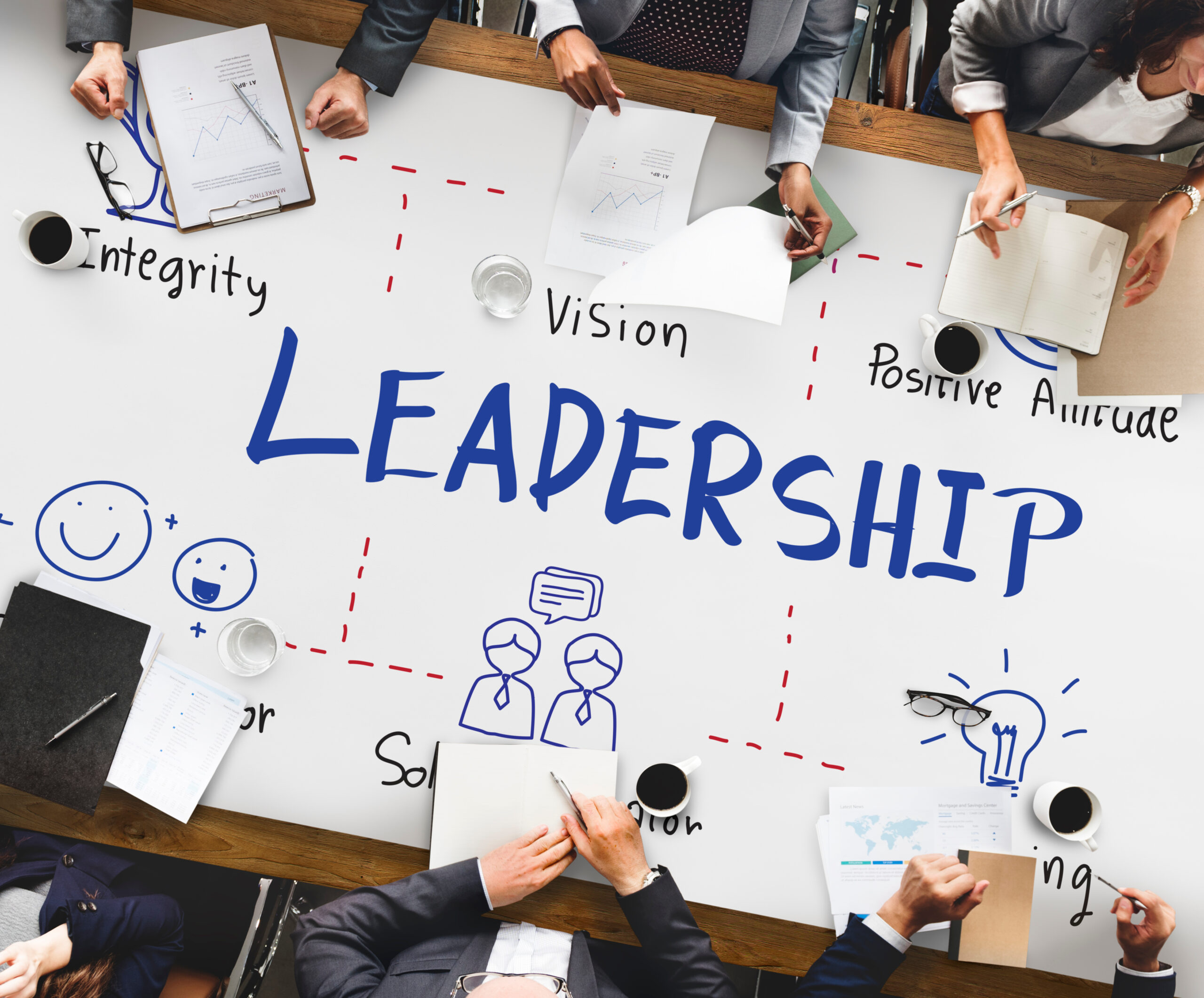Why High-Performers Need Therapy
By: Tritia Finely, PhD, LPC-S, NCC & Abigail Csengery, MA, LPC-Associate
Ever wondered why those high-flying, goal-smashing demigods of athleticism might need therapy? You know, the ones who are not just participating but dominating—be it the twelve-year-old volleyball prodigy, the 18-year-old tennis ace on a full ride to college, or that fresh-faced college grad turning the corporate world upside down. Driven, focused, and as relentless as a caffeine-fueled startup founder, these high performers have the goods, but that doesn’t mean they’ve got it all figured out.

Turns out, the mental grind is just as taxing as the physical one—sometimes even more so. Researchers like Zakrajsek et al. (2015) and Johnson (2022) have been screaming from the rooftops that the pressure to continually perform at the highest level can turn that pre-game adrenaline into a full-blown anxiety attack faster than you can say “panic.” It’s all fun and games until your heart’s racing at the starting line, not from excitement but from an existential dread of not living up to that Herculean image you’ve crafted.
Here’s why elite athletes and corporate warriors might end up on the therapist’s couch:
Pressure Cooker Environment: Imagine trying to keep up a sprint for years on end. Not sustainable, right? Yet, that’s the daily reality for these folks. Crushing expectations can lead to anxiety, which, let’s be honest, is more common than avocado toast at a millennial brunch.
Mental Health Exhaustion: It’s not just about physical stamina. The brain gets worn out, too. Mental fatigue from constant overthinking, worrying about performance, and that sneaky imposter syndrome can sabotage even the strongest among us.
The Perfectionism Trap: Being told to never give up and aim for perfection is basically setting up camp in an emotional minefield. No one’s perfect, and believing otherwise can wreak havoc on one’s self-esteem.
Burnout’s Around the Corner: Too much of anything isn’t good, and when you’re always “on,” something’s got to give. Enter burnout, stage left.
Low Self-Esteem Episodes: Losing doesn’t just hit the scorecard; it also hits hard in the feels. Tying your self-worth to wins only is like expecting to win the lottery every time you play—unrealistic and a recipe for misery.
And let’s not forget the big question: Why isn’t therapy as sought after as a personal trainer or a nutritionist? There’s still a stigma, folks. Everyone’s ready to work on their six-pack abs, but working on that brain muscle? Not so much. But guess what? Your mind needs reps just as much as your biceps do.
So, if you’re out there pushing your limits every day, remember taking care of your mental health is not just okay; it’s essential. It’s not just about keeping you sane; it’s about keeping you on top of your game. And who knows a little therapy might just be the secret weapon you need to keep smashing those goals, just like Simone Biles, who’s been candid about tackling her mental game head-on.
Bottom line? Whether you’re spiking volleyballs or crunching numbers, don’t sideline your mental health. After all, even superheroes need a little tune-up now and then.
Discover how integrating mental health care into your routine can transform your performance and well-being. At Elite Performance Counseling, Dr. Tritia Finley, LPC-S, NCC, offers expert guidance based on years of specialized experience in helping athletes and top professionals achieve their fullest potential while managing the pressures of high-stakes environments.
Learn more 👉 https://elitepsatx.com/services/
References:
Zakrajsek, R. A., Martin, S. B., & Wrisberg, C. A. (2015). Sport psychology services in performance settings: NCAA D-I certified athletic trainers’ perceptions. Sport, Exercise, and Performance Psychology, 4(4), 280-292. https://doi.org/10.1037/spy0000042
Johnson , G. (2022). Mental health issues remain on minds of student-athletes. NCAA.org. https://www.ncaa.org/news/2022/5/24/media-center-mental-health-issues-remain-on-minds-of-student-athletes.aspx







